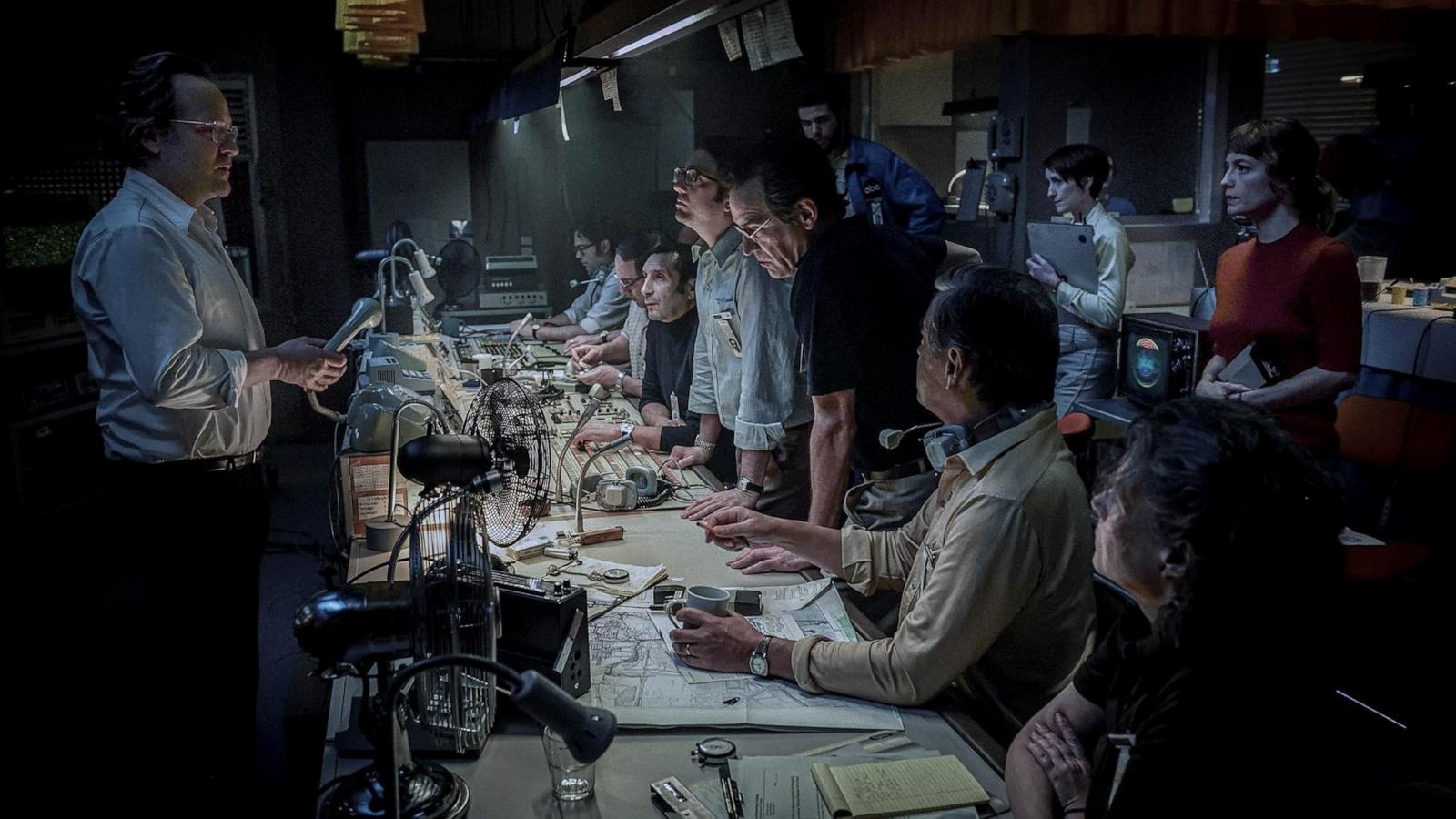![]()
If there’s something Andrew Garfield continues to make perfectly clear to all of us, it’s that he takes his role as Spider-Man very seriously. Since being cast, he’s gone above and beyond to convey to fans what an honor it is to take on the mantle of Peter Parker/Spidey. In an age where actors are fairly open about the fact that they take jobs in major Hollywood tentpoles in order to afford them the opportunity to do smaller, more meaningful films, Garfield has done the opposite. The British thesp nearly bristles at the idea that the Amazing Spider-Man flicks are just a means to an end.
“Well, Spider-Man is a passion project, too. I’m very passionate about Spider-Man,” he says in a recent interview with The Daily Beast. “I can’t go to work unless it’s a passion project, which presents an interesting dichotomy of how those movies are perceived and how I feel about them,” he continued.
![]()
Dane Dehaan as The Green Goblin in “The Amazing Spider-Man 2”
Then later on in the interview, when asked about what went wrong with The Amazing Spider-Man 2– which wasn’t well received and was viewed as over-stuffed and rather insipid- the actor offered up this very thoughtful response:
“It’s interesting. I read a lot of the reactions from people and I had to stop because I could feel I was getting away from how I actually felt about it. For me, I read the script that Alex [Kurtzman] and Bob [Orci] wrote, and I genuinely loved it. There was this thread running through it. I think what happened was, through the pre-production, production, and post-production, when you have something that works as a whole, and then you start removing portions of it—because there was even more of it than was in the final cut, and everything was related. Once you start removing things and saying, ‘No, that doesn’t work,’ then the thread is broken, and it’s hard to go with the flow of the story. Certain people at the studio had problems with certain parts of it, and ultimately the studio is the final say in those movies because they’re the tentpoles, so you have to answer to those people.
But I’ll tell you this: Talking about the experience as opposed to how it was perceived, I got to work in deep scenes that you don’t usually see in comic book movies, and I got to explore this orphan boy—a lot of which was taken out, and which we’d explored more. It’s interesting to do a postmortem. I’m proud of a lot of it and had a good time, and was a bit taken aback by the response.
It’s a discernment thing. What are the people actually saying? What’s underneath the complaint, and how can we learn from that? We can’t go, ‘Oh God, we fucked up because all these people are saying all these things. It’s shit.’ We have to ask ourselves, ‘What do we believe to be true?’ Is it that this is the fifth Spider-Man movie in however many years, and there’s a bit of fatigue? Is it that there was too much in there? Is it that it didn’t link? If it linked seamlessly, would that be too much? Were there tonal issues? What is it? I think all that is valuable. Constructive criticism is different from people just being dicks, and I love constructive criticism. Hopefully, we can get underneath what the criticism was about, and if we missed anything.”
Notice how he not-so-subtly implies that the studio (Sony) meddled too much with the film, ultimately turning a promising story into something disjointed? You’ve got to hand it to him. The guy’s pretty honest. And what he’s describing here does not sound like it’s beyond the realm of possibility. It wouldn’t be the first time that too many cooks in the kitchen spoiled the soup.
SOURCE: The Daily Beast

 FOR FANBOYS, BY FANBOYS
Have you checked out LRM Online’s official podcasts and videos on The Genreverse Podcast Network? Available on YouTube and all your favorite podcast apps, This multimedia empire includes The Daily CoG, Breaking Geek Radio: The Podcast, GeekScholars Movie News, Anime-Versal Review Podcast, and our Star Wars dedicated podcast The Cantina. Check it out by listening on all your favorite podcast apps, or watching on YouTube!
Subscribe on: Apple Podcasts | Spotify | SoundCloud | Stitcher | Google Play
FOR FANBOYS, BY FANBOYS
Have you checked out LRM Online’s official podcasts and videos on The Genreverse Podcast Network? Available on YouTube and all your favorite podcast apps, This multimedia empire includes The Daily CoG, Breaking Geek Radio: The Podcast, GeekScholars Movie News, Anime-Versal Review Podcast, and our Star Wars dedicated podcast The Cantina. Check it out by listening on all your favorite podcast apps, or watching on YouTube!
Subscribe on: Apple Podcasts | Spotify | SoundCloud | Stitcher | Google Play



